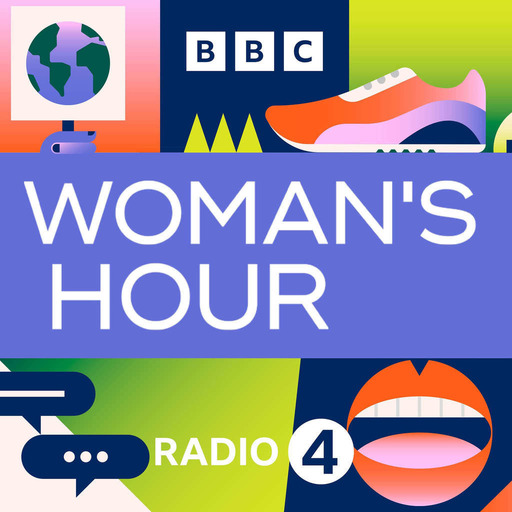Windrush campaigner, Paulette Wilson’s brave decision to speak to Amelia Gentleman about the immigration issues she was facing with the Home Office was crucial in exposing the Windrush scandal. In her book, The Windrush Betrayal, Gentleman tells the full story of her investigation. Campaigner, Glenda Caesar was also caught up in the hostile environment – she came to Britain legally as a three-month-old child and had no reason to think she was not British until she was she was sacked from her job as an NHS administrator. She was one of the first recipients of the first Windrush compensation offers which she rejected as insulting. Lawyer, Jacqueline McKenzie explains why there is such a delay in victims receiving payments. Following her debut album ‘Rise’ which reached No.1 in the UK Classical Chart, award-winning saxophonist Jess Gilliam is back with a new album. She joins us to discuss diversity in classical music and advice for playing an instrument during lockdown. At the beginning of the month, you may have come across the story of Emily Hunt. She was filmed when she was asleep in a hotel room. A man was convicted of voyeurism, but it took her several years to secure that conviction and Emily decided to waive her right to anonymity to fight her case. But what do you gain and what do you lose if you do give up being anonymous? Joining us is Emily. Also Leona O’Callaghan who did the same: she waived her right to anonymity when the man who abused her as a child was on trial and then convicted. And someone who wants to be called “Rebecca” who doesn’t want to waive her anonymity. She’s pressing the CPS to prosecute a man who she says attacked and raped her.
Presenter: Jenni Murray Producer: Lucinda Montefiore


 Replay
Replay











